

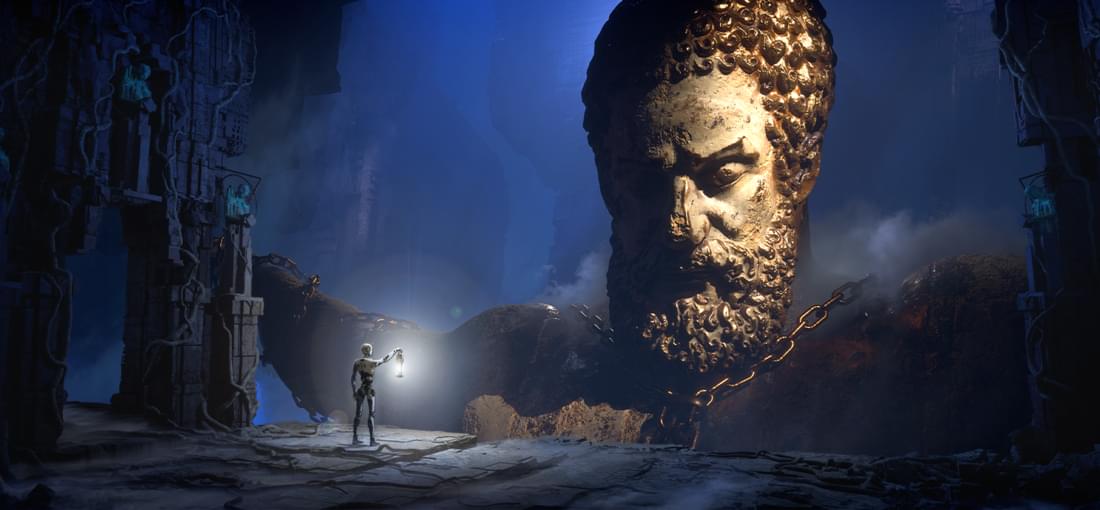
The first game finished so perfectly that I didn't know how they could make a second one... but they did, and it's so good! It could just as easily be another perfect ending to the story, or the middle chapter of a trilogy. The best meals don't leave you wanting more - they leave you satisfied, like this. It's refreshing to see something that grapples with humanity's flaws and capabilities together, rather than uncritically embracing any one perspective (like nihilsm or technological manifest destiny). It was clever for a game focused on philosophy to use the same ancient tradition of explaining ideas via dialogues between characters of opposing viewpoints - not just in the optional "random documents and audio logs" (which are great!), but also in the conversations the NPCs have naturally as you progress through the game, and in the occasional prompts for you to pick a side. The developers understood that philosophy in print is a shadow of its true self, and that the vitality of the subject comes from its true form: debate. Plato, Socrates, et al. would be proud. I like all the new puzzle mechanics, and the way they combine leads to enjoyable new complexity. Some of the more frustrating elements from the first game were cut here, and the star puzzles are all reasonably self-contained now (rather than requiring external knowledge). There's a good mix of difficulties in the puzzles too, so the game ended up well-paced on the mechanical side as well as the story side. The graphics were impressive (especially the colors). I felt multisensory homages to the Myst series in places, in a way that enhanced the experience rather than making it feel derivative. In art (as in philosophy, and all interesting things humans do), we build on those who came before. This game shows that both societies and individuals are complicated. It shows that history is not inevitable - it is made by people's choices. It challenges all parts of the mind, and has fun doing it. You will too.
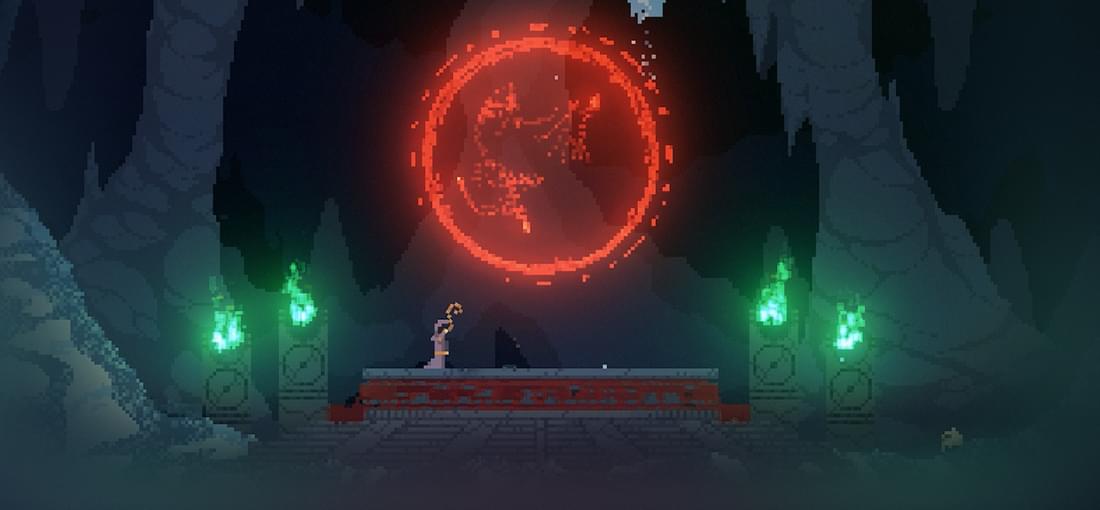
I came for the physics, stayed for the lore, and left for the difficulty. On the positive side, each obstacle overcome or small secret uncovered was thrilling, and drove me like a madness to go deeper. On the negative side, this involved lots of attempts that yielded nothing, peppered with occasional attempts that yielded a little - just enough to compel me to keep working toward an elusive fantastical goal that for me, never came... because it was just too hard. After I stopped playing, I did go and read about all the secrets that I wasn't able to reach, and I enjoyed them just as thoroughly as those I uncovered naturally through playing. The team did a great job building a compelling world that fits the theme of the all-consuming quest for arcane knowledge. It's just that a lot of it is hidden behind incredible difficulty and complexity - which is a great metaphor, but tragically unsatisfying for me. It could have been a 4/5 (or even 5/5) if it was not quite so hard, or if it included lower-difficulty options. If you look for that level of fight in a game (which you might, since you're looking at a roguelike), then I heartily recommend this. Even if you don't, though, I did enjoy this for many hours without even finishing it, so you probably would as well.
This game gets points for novelty, since to my knowledge there aren't many games that focus so completely on Jewishness. The game really leans into this, which is fun both on the surface (e.g. with the list of jokes you can find) and more implicitly (e.g. "Rabbinical Answer" as a style being a frequent dialog option). Features like the Yiddish dictionary and some non-Jewish characters (as a potential audience surrogate) make the fun more understandable for non-Jewish players as well. Most of my complaints are technical rough edges. The voice acting itself was good, but the recording quality was inconsistent between characters. Some puzzles felt like the logical equivalent of pixel hunting and can be brute forced, which is always a disappointment. There's at least one mechanic that seemed almost entirely superfluous. At first I wasn't sure if I had truly reached the end, since my first attempts led to a dreary and unsatisfying state of affairs... but it also seemed to match the vibe of Rabbi Stone's life well enough that I could believe the game meant it to be that way. I was glad to discover that I was wrong and there was more to see, but I would not have figured out the solution without the hindsight of a walkthrough. Maybe I should have talked to rabbis more in life. It's important to judge this game for what it is, though - an early game in Wadjet Eye's history made around a fun concept (rabbi solves mysteries). It succeeds there, and Wadjet Eye's later games show growth that address my complaints. If you like the idea of a game very focused on Jewishness (seriously - the loading cursor is a star of David) and don't mind working around some less forgiving puzzles in the style of old point and click adventures, you may enjoy this. Otherwise, go for a later Wadjet Eye game that has worked out some of the kinks (like the Unavowed).
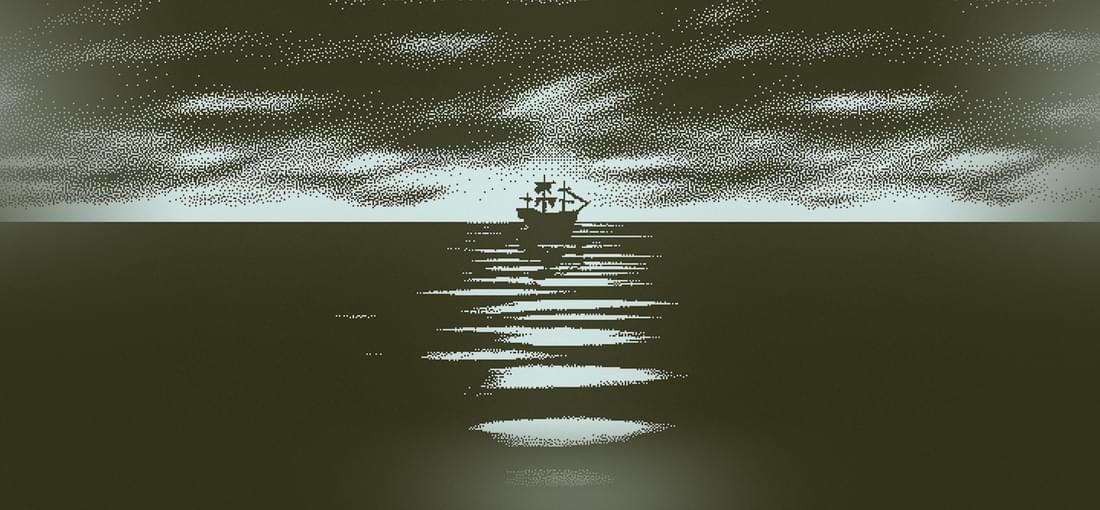
First, if you like puzzles/mysteries (and maybe even if you just like ships), you should just play this game without reading any more. It will be worth it. If you still need convincing, here are some additional spoiler-free thoughts: The thing I appreciate the most about this game is its novelty. The graphics, the mechanics, the color, the sound - it was all unlike any game I've played before, which is a real treasure. The game strikes the difficulty balance beautifully, providing satisfaction and intrigue without frustration. Looking at the screenshots beforehand, the art style made me think the experience of playing the game might be similarly plain, but once you see the art within the game itself, it will become clear that there is actually a great deal more complexity there. This is true of the game as a whole as well - the dev(s?) clearly have a great grasp of how to show the most with the least (and how much of which type of story element will be most engaging). This game is an excellent demonstration of creative attention directed deliberately. It very much knows what it is, and it is very good at it.

Fun concept, right amount of difficulty, lasts just as long as it should. A couple of the mechanics took a while for me to figure out, but I never had that "frustrated in retrospect" feeling that so many puzzles do after the solution becomes clear. The music faded into silence from time to time, which messed with the pacing a bit, but the rest of the pacing (difficulty and setting-wise) was good. I was left with the feeling that I might have missed something, but despite that I'd recommend this if you like a few different kinds of abstract thought. I'd probably buy a second one (or another game made by the same people) if they made it. [Bonus points (in spirit) for making a game that can run on Linux natively!]

After Myst and Riven were so good, I went into this suspecting that the series would start to dip in the third installment. Starting from there, the game was a roller coaster for me, because those expectations were turned on their head with a very strong introduction with excellent music and a uniqueness of setting that I didn't think they could pull off a third time. It was a "whoa - they've done it again!" moment, which was even more impressive because I had already thought that Riven wouldn't be able to live up to Myst either (which it did!). The starting age and the first age I went to were excellent - some of my favorites of the series so far. Puzzles that were too challenging to just walk through, but not so difficult that I wanted to walk away; otherworldly setting supported by dream-like visual art and music that carries you away; a free-look system which I thought would make it feel less like a Myst game but which actually melded seamlessly into my experience; - I was blown away. Unfortunately, the next two ages were less enjoyable. In one I just sort of stumbled through the puzzles by interacting with everything I could as I walked by, without understanding the solutions. The aesthetic and dependence on other livings beings made it seem inconsistent with the rest of the ages in the games. In the other age, the puzzles were a more reasonable difficulty, but still simple enough to make solving them feel more inevitable and less like an accomplishment. It also felt too barren. The game wrapped up well enough - finishing higher than its lowest point, but still below its strong start. I would recommend this if you like the lore of Myst, want to revisit the setting, and don't mind easier puzzles than you might be used to. Just maintain moderate expectations, please. It has big shoes to fill. If you enjoyed Myst and Riven, but feel that they wrapped up the story nicely (or if you prefer more challenging puzzles), this one might not be for you.
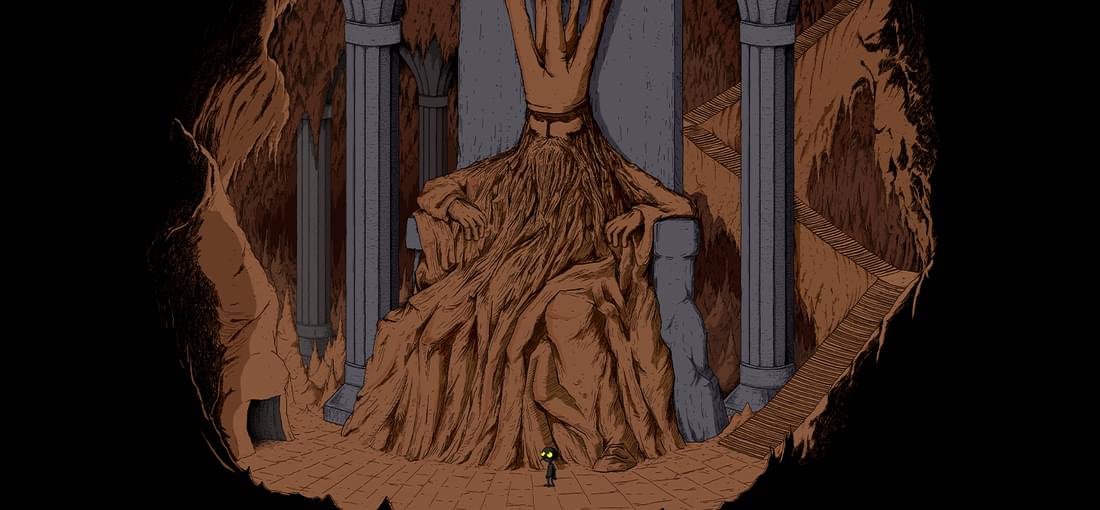
I was excited about this game, not just for the innovative"real time" mechanic, but also for the underground setting and the art that reminds me of the early parts of "In the Hall of the Mountain King". I expected a dreamlike exploration of hidden worlds, with wonder and the peace of solitude - of discovering things so lost and secret that you are the only one to even know they exist. That was not my experience, unfortunately. The protagonist is - in a word - pathetic. I think this was supposed to be in the positive sense of the word, but it landed negatively for me. When faced with this, I initially tried to interpret its attitude (or the game's) as self-aware and comical, but as the shuffling around went on and on, the protagonist's self-pitying comments did not wane, and my patience with its attitude wore out. I wasn't looking for humor, but I also wasn't expecting the game's emphasis on constantly conveying that feeling of depression (or, well... "longing", I suppose). I feel bad reviewing a work of art so negatively, because it's obvious that a lot of care went into the concept, and I applaud the innovation here - but it did not have to be quite so insistently dreary. Maybe I should have paid more attention to the title rather than my hopes for it. Maybe my disappointment is just about misaligned expectations. All that said, the visual art is good, the setting is imaginative and massive in a way that feels bigger and more mysterious even than many open-world games, and the mechanics reinforce the scale of the kingdom in a positive way. If the emotional side of this doesn't bother you, you might like it. I hope this game's innovations pave the way for other games that focus more on what the positive aspects of an experience like the protagonist's can be. I only "finished" it in that I abandoned the game after maybe 6-8 hours over the course of weeks, and came back after the 400 days had passed. It's what it says on the tin, though: you will feel longing.
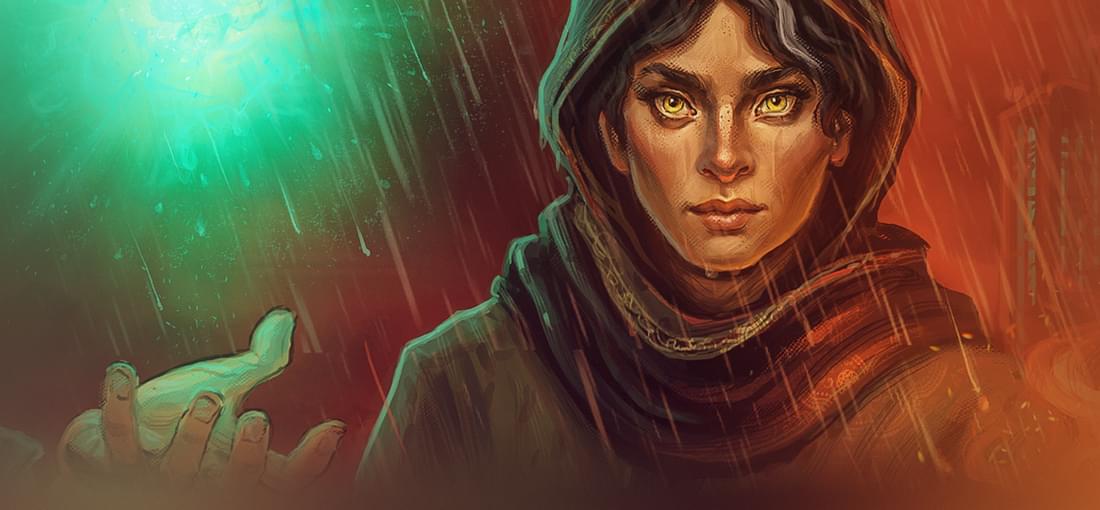
Great art, great music, great voice acting, great characters, great story! I thoroughly enjoyed this. It's narrative-driven - lots of conversation, with some puzzles, but they are not overly challenging. The game is forgiving and leads to minimal frustration - it's great as some fun to wind down with in the evening. Moral choices add just enough tension to make it feel real, but not so much that it'll keep you up at night. I had some reservations that this would feel like a clone of the Dresden Files, but its take on urban fantasy felt just like it was a good example of the genre rather than trying to capitalize on others' success. I only played through it once, but I found it engaging enough that I want to read more about the characters and what might have happened if I had made other choices in the game. Highly recommend!
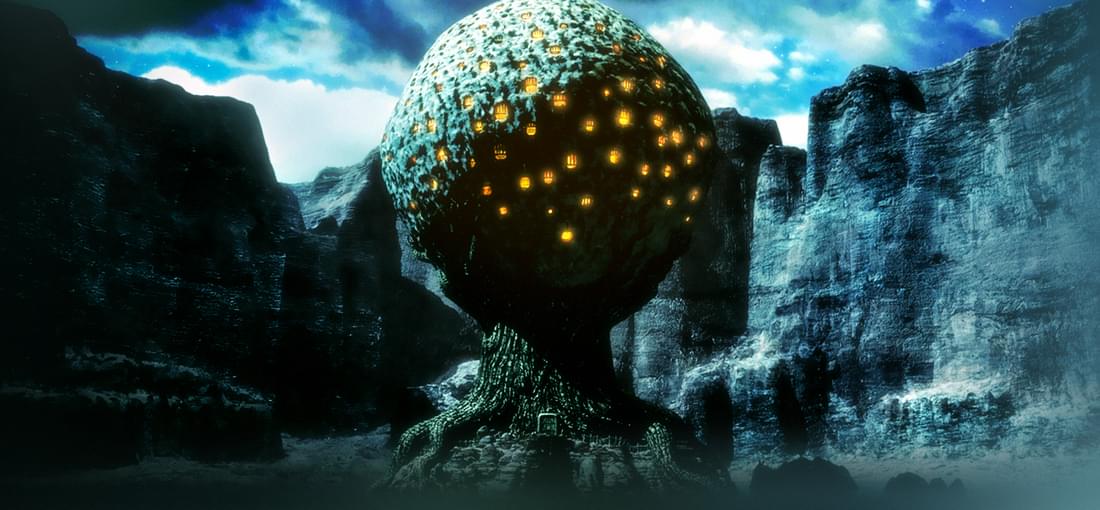
Myst is one of those games from the fringe of my memory, elegant and mysterious. Nothing could touch the overall experience of playing it for the first time way back when. I hesitated to play Riven at first for fear of disturbing a perfect memory of an old game by experiencing something similar, now from an adult perspective. I was glad to find that my fears were misplaced. Riven holds its own! It was a surprisingly enjoyable experience that didn't require nostalgia goggles to be fun. It's full of puzzles of varying difficulty, including some very tricky ones that you shouldn't feel bad about looking up the solution for. It somehow managed to gracefully tread the line between showing the player more of the world while still maintaining the sense of grand mystery that gave Myst its strength in the first place. As the game tells you, they put a lot of work into the sound of the game. Having played it with headphones and without, I *highly* recommend the headphones route, and if you can, turn off the lights / pull the curtains / otherwise isolate yourself. They've made a truly immersive experience that I recommend you get lost in. This game is art, and it is timeless.

Note: the game is short. Proabably not more than 4 hours. I still recommend it, though. Loom is an enjoyable light puzzle game that challenges just enough to be interesting and entertaining, without being very frustrating. The setting is a unique world with its own magic system and compelling lore - even among all the games that have come and gone in the 30+ years since this one (a great sea of undifferentiated pseudo-medieval fantasies), its creativity stands out and feels fresh. Unless you have a particularly good ear for musical notes, don't bother with expert mode. This game is about enjoying a story more than it is about defeating the mechanics. I wish there would have been more - a longer story, or sequels, or more opportunities to learn more about this world - but there can be a certain kind of beauty in a short and wonderful thing, which is what I would call this.